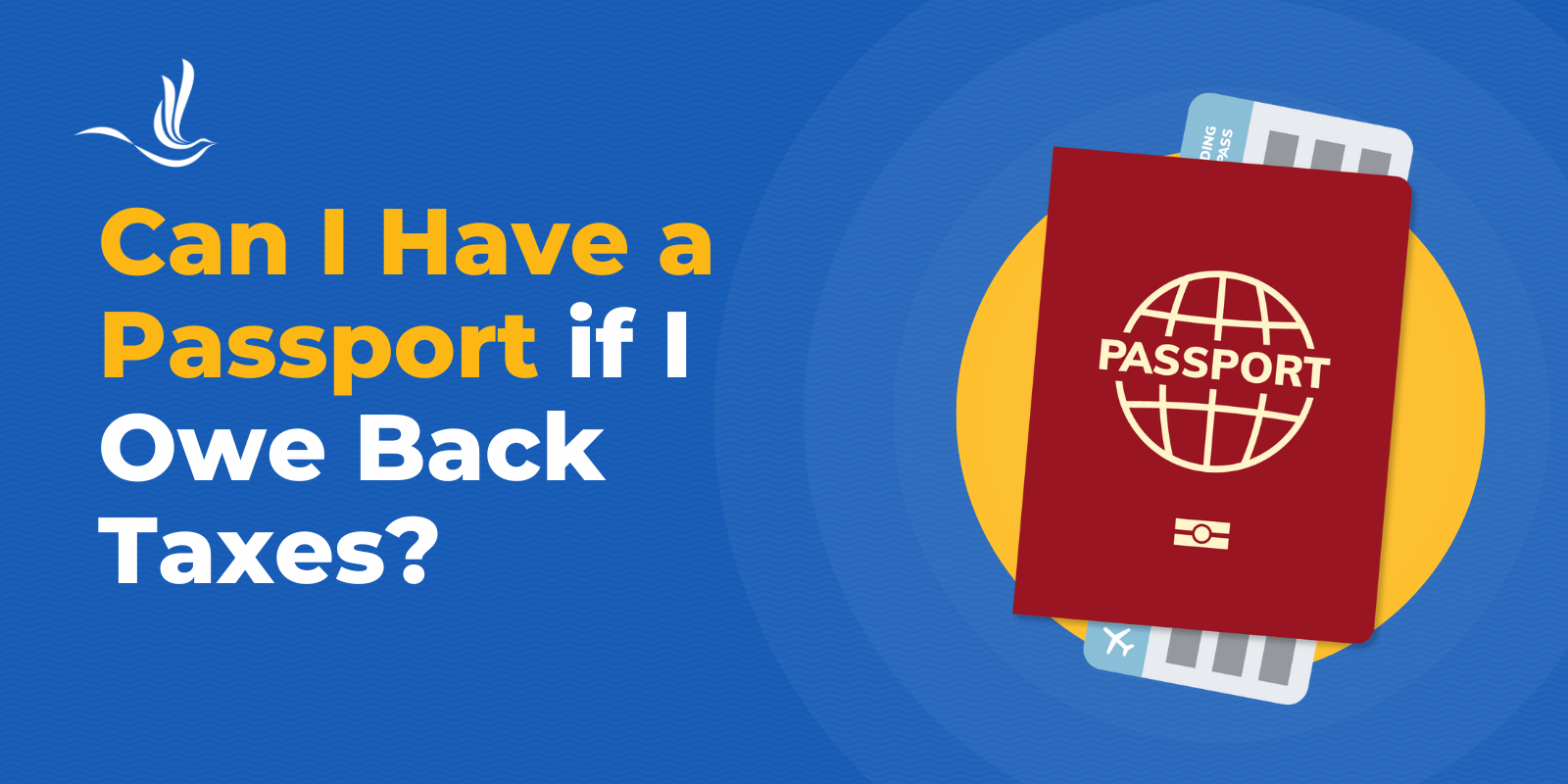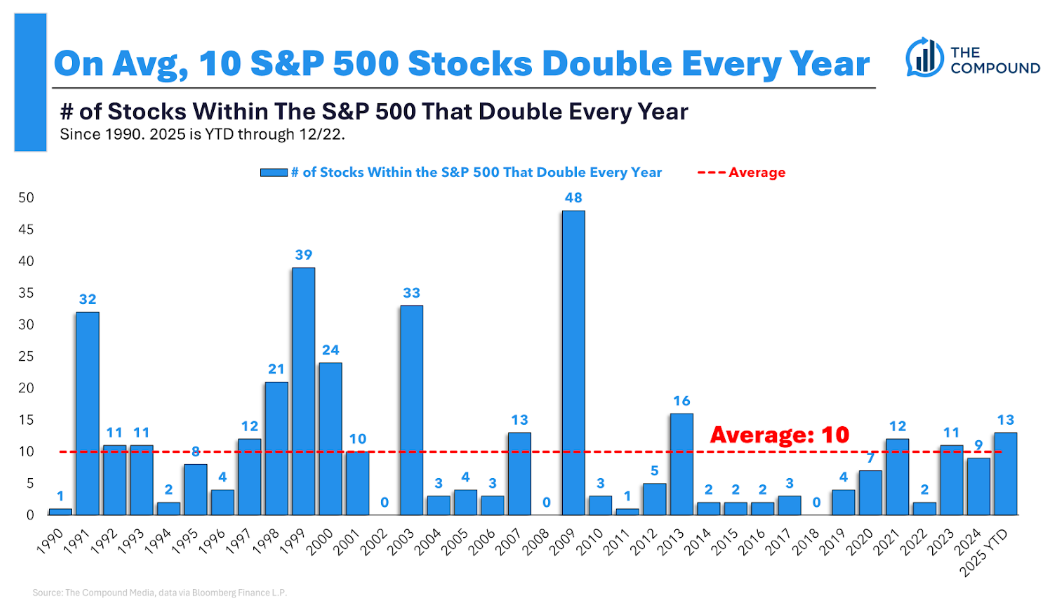July 28, 2022
Being in debt is a stressful circumstance that collectors can often intensify with unfair practices. Therefore, the Fair Debt Collection Practices Act (FDCPA) prohibits companies from using such practices to collect debts from you.
What Does the FDCPA Cover?
Mortgages, credit cards, medical, and personal debts are all covered by the FDCPA. The collectors that are prohibited by this act include the following:
- Collection agencies
- Debt buyers
- Lawyers who regularly collect debts as part of their business
- Other entities that buy past-due debts from creditors to collect them
Business debts are not covered by the FDCPA. It also doesn’t cover collection by the original creditor that you’re indebted to.
FDCPA Communication Restrictions
Debt collectors are not allowed to contact you under certain circumstances.
- Harassment: Debt collectors cannot harass you over the phone or by any other form of contact
- Inconvenient Times: Debt collectors may not contact you at inappropriate hours or places.
This includes before 8:00 a.m. and after 9:00 p.m. Contacting your place of work is also not allowed under the FDCPA.
- Power of Attorney: Once you have attorney representation, the collector must cease contact with you. The attorney is now responsible as the main point of contact regarding your case. If you are contacted by a collector, you should inform them that you’re represented by an attorney and give them the attorney’s name.
Once you tell a collector to stop contacting you, they can only contact you to inform you that there will be no further contact, or to notify you that legal action (such as a lawsuit) is taking place.
Debt Information
The collector calling you for a payment is required by law to inform you about the debt.
Things they should share include:
- Identify the creditor (name and address of current or former creditor)
- Amount owed
- That you can dispute the debt
FDCPA and Tax Debt
The IRS must also abide by the Fair Debt Collection Practices Act. You have rights as a taxpayer that restricts their communication and enforcement practices. If you have unaffordable tax debt and need assistance with your case, give Optima a call for a free consultation at 800-536-0734.
Received a notice from the IRS? Download the Optima Tax App to analyze your notice instantly!
Original Article





